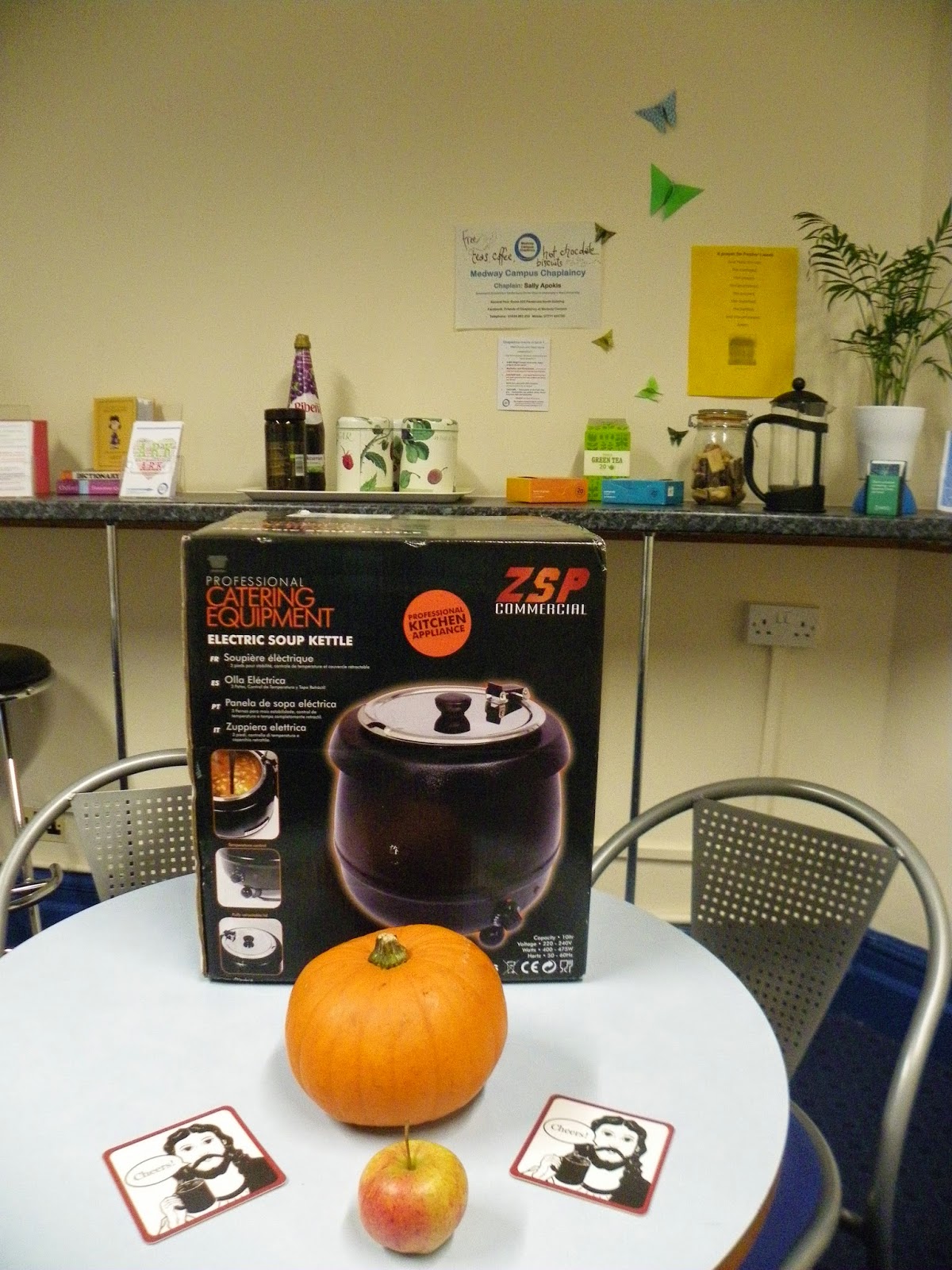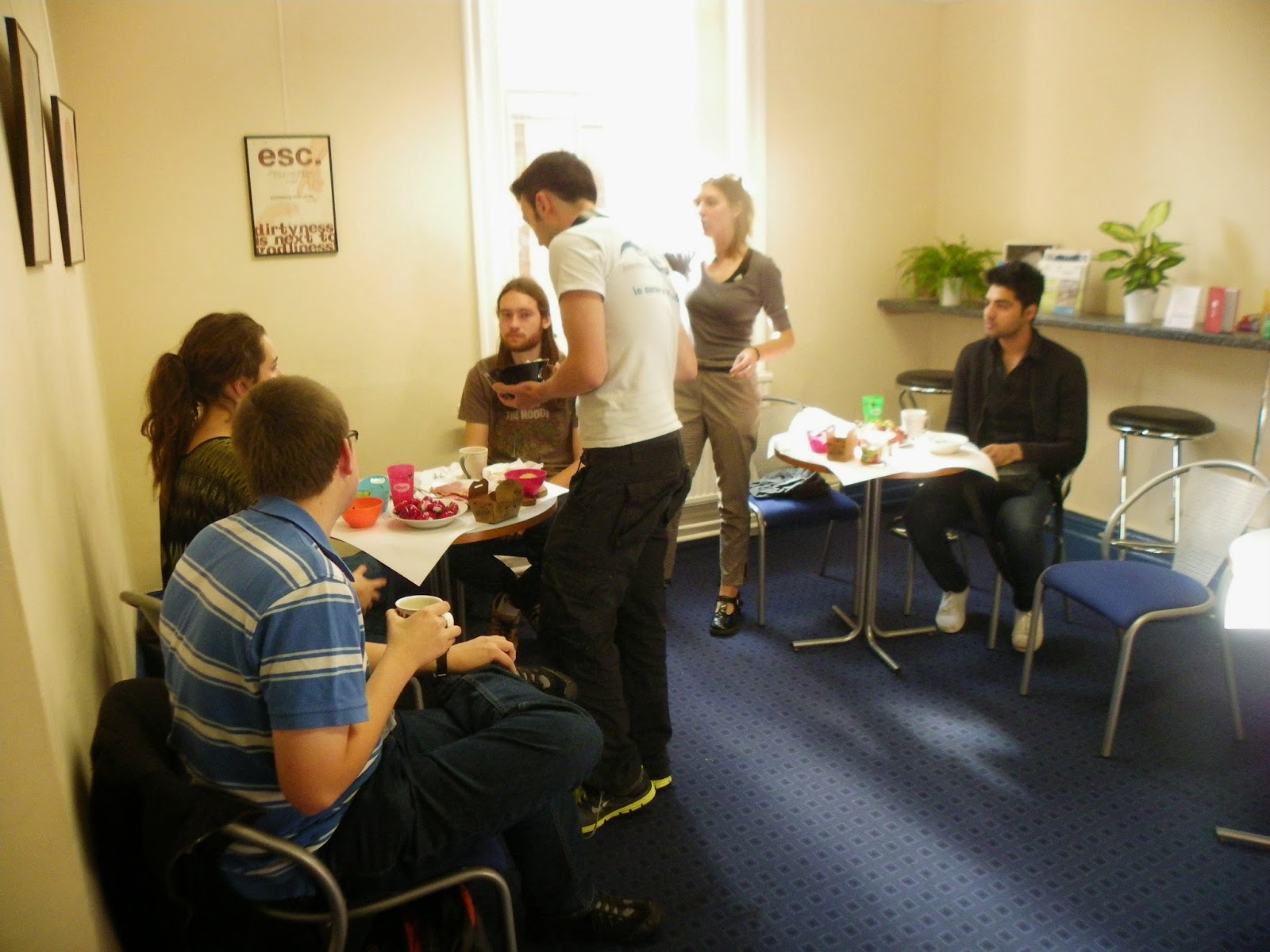After nearly 2 decades in educational chaplaincy I am convinced that at the heart of chaplaincy is the creation of community.
Community simply means 'with' 'unity'.
Our post-secular post-modern university contexts can be colourful yet confusing places of incohesive diversity. Diversity is what life is all about. Yet in the heady mix of otherness we need to find 'our tribe', people we can share some meaningful union with. Clusters and gatherings of folks we can have some shared mutuality of interests, beliefs, passions, hopes, dreams and spirituality.
Isolated students are away from family, home, pets, cultures, rituals, food, places and their customs of meaning and purpose. They are thrown together in an academic environment at a significant time of their lives in terms of human formation and are meant to make 'some sort of meaning' out of their undergraduate years.
Who are the wise elders to help form and shape this significant time of students lives and how do students do this as they are a part of a community of learning?
Chaplains and chaplaincy have unique freedoms and indeed I would say are vocationally called to literally create meaningful community and communities for our students.
Robert Banks in "Paul's idea of Community" (https://www.ivpress.com/cgi-ivpress/author.pl/author_id=457) has a simple recipe for creating community.
The ingredients are: a place, some time, sharing stories and good food.
This simple recipe can be stirred, mixed and dolloped with lashings of love around our university campuses.
Here are a few ways community has and is being created at the Medway campus of the universities of Greenwich, Kent and Canterbury Christ Church.
Community simply means 'with' 'unity'.
Our post-secular post-modern university contexts can be colourful yet confusing places of incohesive diversity. Diversity is what life is all about. Yet in the heady mix of otherness we need to find 'our tribe', people we can share some meaningful union with. Clusters and gatherings of folks we can have some shared mutuality of interests, beliefs, passions, hopes, dreams and spirituality.
Isolated students are away from family, home, pets, cultures, rituals, food, places and their customs of meaning and purpose. They are thrown together in an academic environment at a significant time of their lives in terms of human formation and are meant to make 'some sort of meaning' out of their undergraduate years.
Who are the wise elders to help form and shape this significant time of students lives and how do students do this as they are a part of a community of learning?
Chaplains and chaplaincy have unique freedoms and indeed I would say are vocationally called to literally create meaningful community and communities for our students.
Robert Banks in "Paul's idea of Community" (https://www.ivpress.com/cgi-ivpress/author.pl/author_id=457) has a simple recipe for creating community.
The ingredients are: a place, some time, sharing stories and good food.
This simple recipe can be stirred, mixed and dolloped with lashings of love around our university campuses.
Here are a few ways community has and is being created at the Medway campus of the universities of Greenwich, Kent and Canterbury Christ Church.
 |
| free lunch exploring ideas of food and Harvest |
 |
| free lunch exploring Christianity |
 |
| free lunch exploring the Human Universe |
 |
| students from the 3 universities sharing lunch, personal experiences, ideas, wisdom, humour! |
 |
| A.R.K. Act of Random Kindness ~ Pancake Tuesday (note the student spelling of 'chaplain') |
 |
| Pancake Tuesday |
 | |
| Freshers free picnic |
 | |
| Freshers free picnic one campus, 3 universities and students getting to know each other |


No comments:
Post a Comment